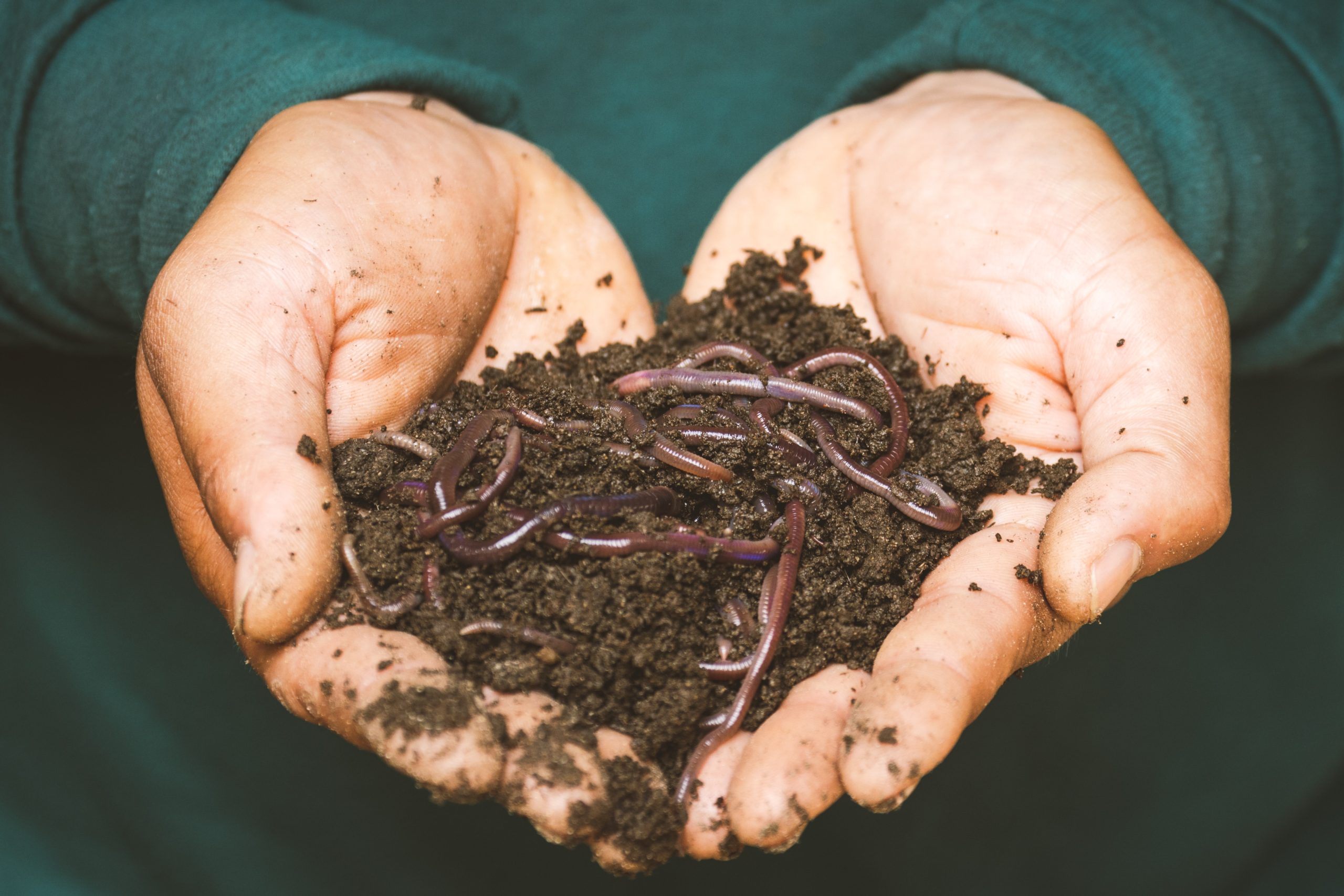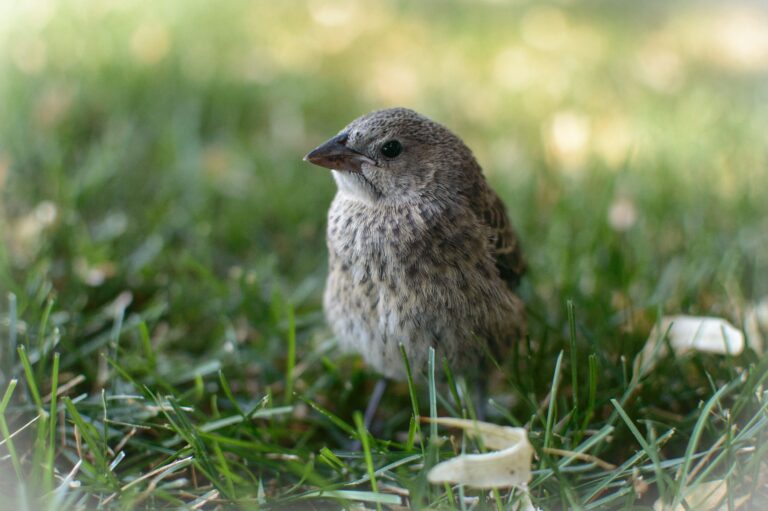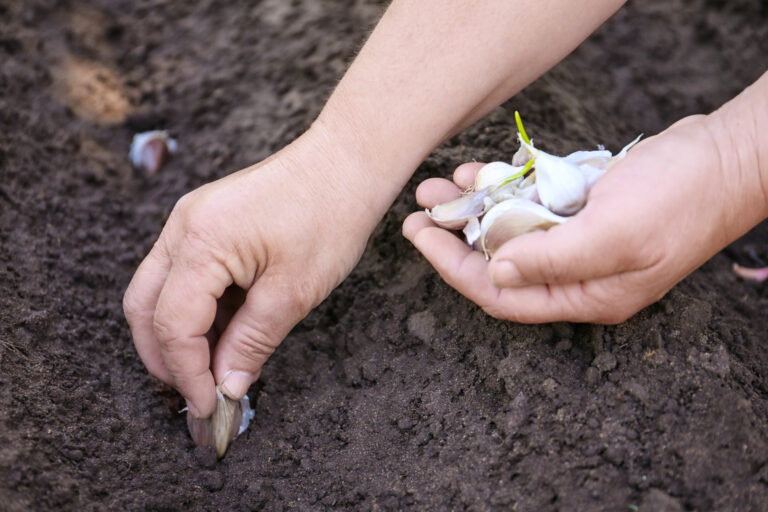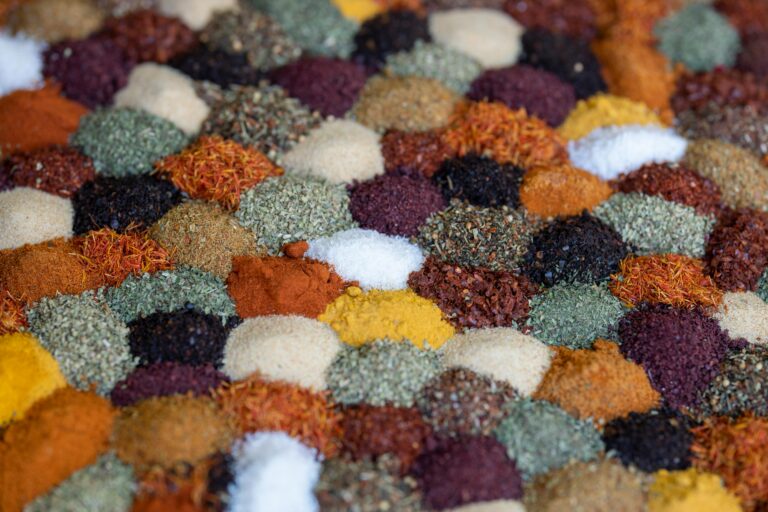5 Ways to Improve Your Garden’s Soil Health Using Worms
Imagine a garden where every plant flourishes, yielding a bountiful harvest. The secret to such a thriving ecosystem often lies beneath the surface. Earthworms, these unsung heroes of the garden, play a crucial role in improving soil health and promoting sustainable gardening practices. In this article, we’ll delve into the world of worms and explore how you can harness their power to create a thriving garden.
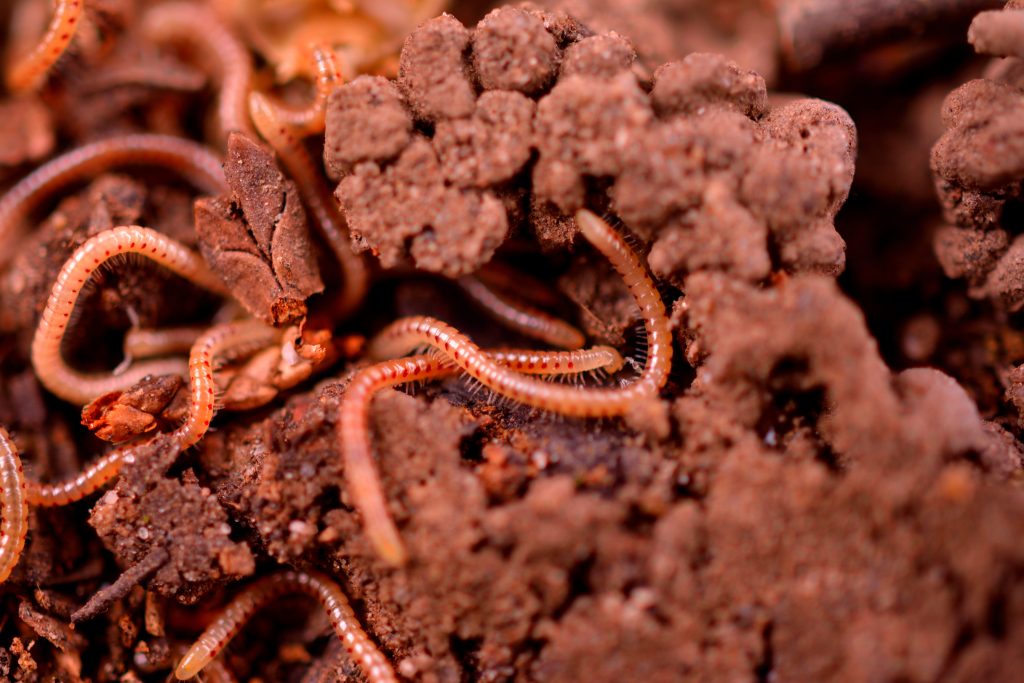
The Benefits of Earthworms
Earthworms are often referred to as “nature’s gardeners.” Their activities contribute significantly to soil health in several ways:
Reduced Pest and Disease Pressure: A healthy soil ecosystem, supported by earthworms, can help to suppress pests and diseases. Beneficial microorganisms that thrive in healthy soil can outcompete harmful organisms.
Improved Soil Structure: As worms burrow through the soil, they create channels that allow for better aeration and drainage. This improves the overall structure of the soil, making it easier for plant roots to penetrate and access nutrients.
Increased Nutrient Availability: Worms consume organic matter, such as dead leaves and plant debris, and break it down into nutrient-rich castings. These castings are a valuable source of nutrients for plants, promoting healthy growth and development.
Enhanced Water Retention: Well-structured soil, as created by earthworms, can hold more moisture, reducing the need for frequent watering and helping to prevent erosion.
Cultivating a Worm-Friendly Habitat
- To attract and retain earthworms in your garden, it’s essential to create a suitable environment for them to thrive. Here are some tips:
- Add Organic Matter: Incorporate organic matter, such as compost, leaves, or grass clippings, into your soil. This provides a food source for worms and helps to improve soil structure.
- Maintain Adequate Moisture: While worms need moist conditions, they don’t like to live in waterlogged soil. Aim to keep your soil consistently moist but not saturated.
- Avoid Chemical Pesticides: The use of chemical pesticides can harm earthworms and other beneficial organisms. Opt for natural pest control methods whenever possible.
- Minimize Soil Disturbance: Excessive tilling can disrupt the natural habitat of earthworms and reduce their populations. Consider using no-till or minimal-till gardening techniques.
Encouraging Earthworm Populations
- Once you’ve created a favorable environment, you can take additional steps to encourage earthworm populations:
- Introduce Worms: If your soil is lacking in earthworms, you can introduce them to your garden. Purchase or collect earthworms from a local supplier or a friend’s garden.
- Feed Your Worms: Provide your worms with a steady supply of food by adding kitchen scraps, such as vegetable peels, coffee grounds, or crushed eggshells.
- Protect Your Worms: During extreme weather conditions, such as droughts or frosts, protect your worms by providing them with shelter or additional moisture.
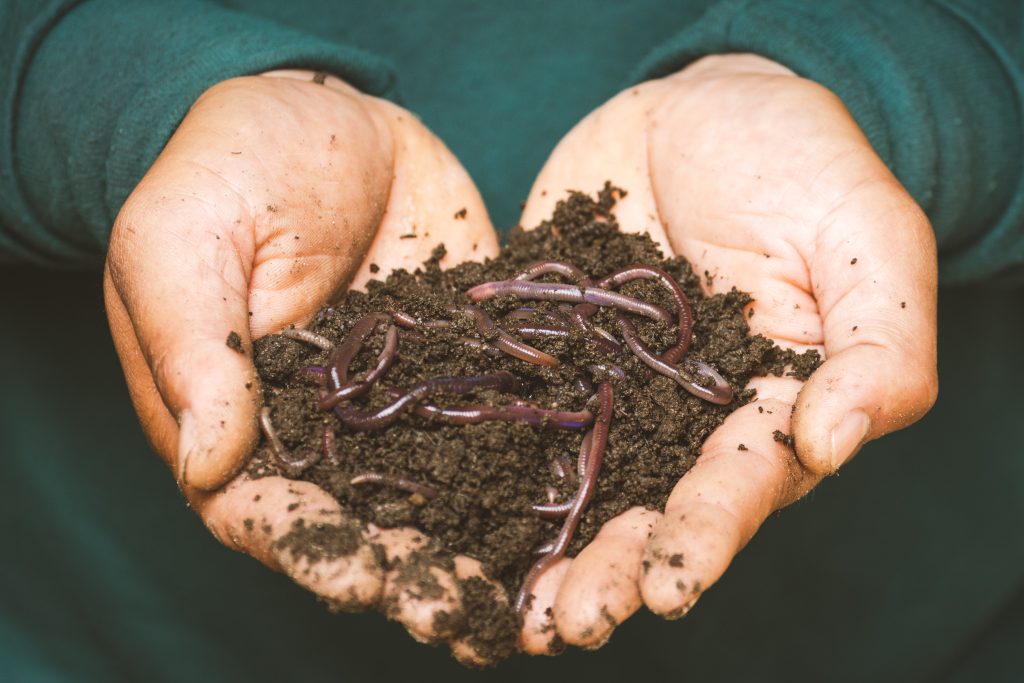
The Benefits of Worm Castings
Worm castings, the excrement produced by earthworms, are a highly valuable soil amendment. They are rich in nutrients, including nitrogen, phosphorus, and potassium, and improve soil structure and water retention. Worm castings can be used as a fertilizer or soil conditioner, enhancing plant growth and overall garden health.
Overcoming Challenges: Nurturing Our Garden’s Resilience
- Watering Wisdom: Along our gardening journey, we may encounter moments of forgetfulness or unexpected circumstances. Yet, I’ve discovered that resilience lies in adapting and learning. By adhering to a consistent watering schedule and monitoring soil moisture levels, we safeguard our plants and the worms that support them. It’s a delicate balance that ensures the continuity of our garden’s flourishing existence.
- The Art of Replanting and Reintroduction: Sometimes, despite our best efforts, plants may not thrive. With the wisdom gained from our worm-filled journey, we replant and reintroduce worms to revive the garden’s vitality. It’s a cycle of growth, where setbacks become opportunities for renewed resilience and the ongoing celebration of our garden’s ever-evolving beauty.
Conclusion
Earthworms play a vital role in maintaining healthy soil and promoting sustainable gardening practices. By creating a suitable habitat for them and providing them with the necessary resources, you can encourage their populations to thrive. The benefits of incorporating earthworms into your gardening routine include improved soil health, increased plant growth, and a more resilient garden ecosystem. If you enjoyed this article you can learn more about worms and soil health here. Depleted Soils Deplete You: The Critical Link Between Soil Health and Human Health
